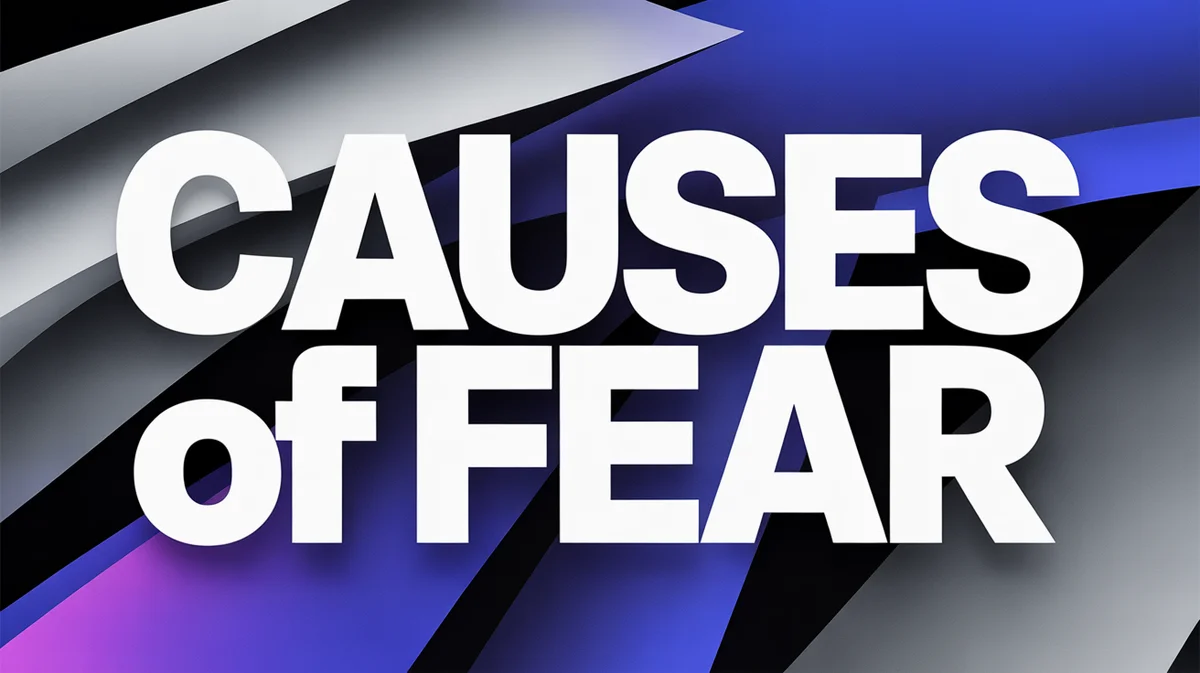Causes Of Fear

What are the Causes of Fear?
Fear, a natural emotion, often has roots tracing back to childhood. Typically, these fears associate with distressing events linked to the phobia in question. While we're inherently born with just two fears – loud noises and falling – life experiences can shape and introduce new anxieties.
Though we might forget the exact moment that triggered the fear, our response reactivates every time a similar situation arises. Some exceptions to this rule are fears inherited through generations or those resulting from extreme traumas, such as violence or warfare.
A personal experience: At age eleven, a bat unexpectedly landed on my head in the middle of the night. This horrifying encounter instilled a deep-seated fear of bats in me. Furthermore, the subconscious can sometimes correlate unrelated terms. For instance, a fear of cats could be connected to past sexual trauma, linking the word "cat" to its colloquial term for female genitalia.
Essentially, fears are anchored in feelings of insecurity and vulnerability. For me, the feeling of an unknown creature fluttering about in my dim room was far from reassuring. But with time, this fear has waned.
Fears function as protective mechanisms, warning us of dangers like venomous snakes or aggressive wasps. However, when these fears become exaggerated, they can hinder our daily lives. Take stage fright, for example: it's not life-threatening but tops many people's list of phobias. Impressively, some overcome this fear in mere minutes.
Social phobias can severely limit one's experiences, potentially affecting income, social interactions, and even confining individuals to their homes. It's counterproductive to tell someone to "just get over it" – it's akin to asking the impossible and can exacerbate the issue.To permanently conquer our fears, it's crucial to address both their causes and manifestations. Inner Influencing is a commendable method for moderating our fears swiftly and effortlessly.
Return to Home